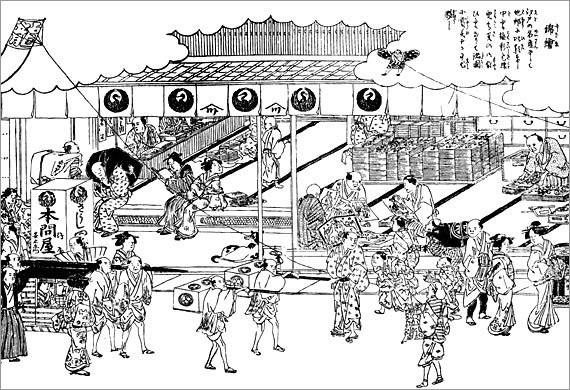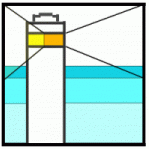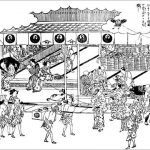
Tax reform 2018 will change the definition of a permanent establishment (PE) to clarify that a foreign enterprise should be treated as having a PE in Japan if there is a dependent agent who concludes the sales under commissionaire arrangements. The change of PE definition is part of effort to line with BEPS project, which had been discussing artificial avoidance of PE status and issued in Oct 2015 BEPS Final Report which proposed commissionaire arrangements should be included in PE definition.
No PE No Taxation rule
It is a common standard of international taxation that profits of a foreign enterprise will be taxable only if the enterprise carries on business through a PE. Foreign branches are typically identified as PE. If you hire an agent instead of opening a physical office, you can carry on your business in the same way you have the office and avoid PE taxation. To prevent this kind of tax avoidance, there is Agent PE Rule, under which an agent who is acting for a foreign enterprise is deemed PE except for agents of an independent status who are acting in the ordinary course of their business.
What’s Commissionaire arrangement?
Normally, an agent concludes contracts in the name of the foreign enterprise, and receive agent fees. Under so-called commissionaire arrangements, an agent sells products in its own name but on behalf of a foreign enterprise that is the owner of these products. Commissionaire arrangement falls under Commission merchant’s transactions stipulated in the Japanese Commercial Code (Code 551).
Commissionaire arrangement used for tax avoidance
Most tax treaties in the world, negotiated based on OECD Model Convention, define the dependent agent as a person acting on behalf of an enterprise and has an authority to conclude contracts in the name of the enterprise. It is said that there are many multinational enterprises which changed the transaction with its subsidiary in a foreign country from Buy-Sell agreement to commissionaire arrangement.
Commentaries on the Articles of the Model Tax Convention, which plays the role of interpretation of OECD Model Convention, states “does not confine the application of the paragraph to an agent who enters into contracts literally in the name of the enterprise; the paragraph applies equally to an agent who concludes contracts which are binding on the enterprise even if those contracts are not actually in the name of the enterprise (Article 5 – 32.1). However, there have been a number of cases dealing with commissionaire arrangement that were litigated in OECD countries. In most of the cases that went to court, the tax administration’s arguments were rejected.
What’s going to be changed?
Japanese domestic tax law just defines “acting for a foreign enterprise”. It is not clear that commissionaire arrangements are included or not. Tax reform 2018 will change the wording of PE definition to ensure commissionaire arrangements are included.
Tax treaties, which prevail over domestic tax laws, will be revised based on the framework of the BEPS Prevention Measures Convention (Multilateral Convention) concluded on June 7, 2017 and the new OECD Model Convention approved in November 2017.






